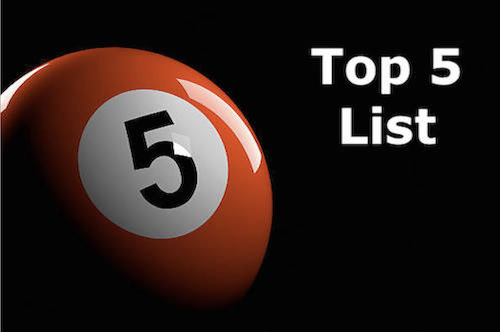
In higher education, good decision making is something faculty and staff strive for. Gathering the best and most up-to-date information, listening to others and seeking feedback all play a part in the decision making process. There are many things that can help individuals make smarter decisions that are related to health and wellness. Simply making sure that we are ready to make a decision.
Here are a few things that can help all of us make the best decisions possible. In other words, answering the question…how do I make better decisions?
Sleep – individuals should sleep 7-8 hours each night. Neurologists have been advising the public of this for years. In fact, neurologists indicate that getting less than this amount of sleep each night will have a negative impact on decision making in a couple of different ways. First, the tired brain will make shortsighted decisions most often. Secondly, individuals that are sleep-deprived are more likely to engage their subconscious which reduces the number of A-ha moments in each day.
Locate evidence – locating evidence that disconfirms an existing belief is one of the biggest obstacles of sound decision making, according to experts. Once individuals come to a tentative conclusion, it is important to seek out information that suggests the opposite side is the better decision, in an effort to avoid confirmation bias. Overcoming confirmation bias will lead to better decision making.
Morning – experts suggest that individuals should make their more important decisions during the morning hours and leave the afternoon hours for more menial tasks and meetings. As we move through the day we become mentally and physically fatigued. When individuals are fatigued, impulsive and poor decisions are more likely to take place. For example, skipping a workout, going off-diet or sending an emotional email that should have waited until…the next morning.
Long-term – time is better spent on important long-term decision-making. Most decisions are either long-term decisions or short term decisions. In an effort to maximize productivity and sustain impact decisions, focusing on long-term choices is the way to go.
Remove the unimportant – many CEOs, Government officials and creative people wear the same outfit or uniform every day in an effort to save the mental energy for more important decisions. Making better decisions works when smaller distractions have been removed. If the decision doesn’t have an immediate impact on your work relationships or perseverance consider removing it from consideration. Steve Jobs wore the same black turtleneck, blue jeans and new balance sneakers everyday. It quickly became his trademark look. When you think about the co-founder of the most valuable company in the world wearing the same outfit everyday it’s pretty clear that he understood he had a finite capacity to make excellent decisions.
-RG